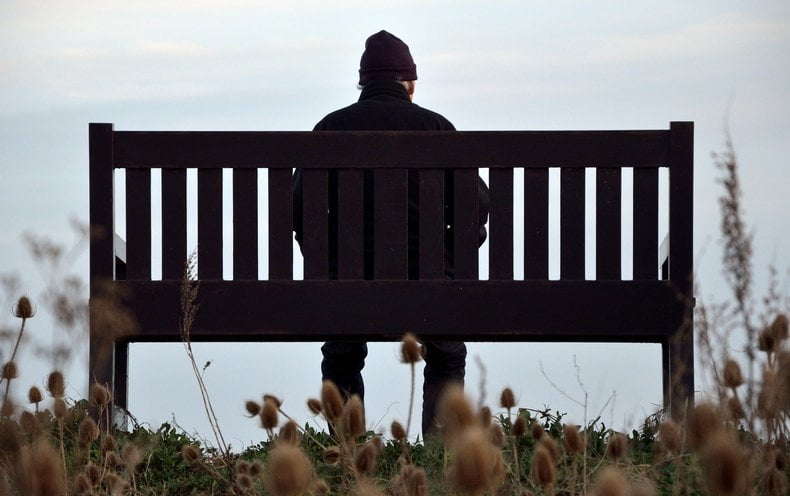

Last week, the United Kingdom appointed a Minister for Loneliness to address the finding that nine million British people often or always feel lonely. To some, this may come as a surprise.
It should not. Loneliness and social isolation are on the rise, leading many to call it an epidemic. In recent decades, the number of people with zero confidants has tripled, and most adults do not belong to a local community group. Consequently, more than one third of Americans over the age of 45 report feeling lonely, with prevalence especially high among those under 25 and over 65 years old. “We live in the most technologically connected age in the history of civilization,” writes the former U.S. Surgeon General, Dr. Vivek H. Murthy, “yet rates of loneliness have doubled since the 1980s.”
While this alarming trend has grown, so has understanding of its impact. By now, the evidence is abundant and decisive: social connection significantly affects health. When you believe that you have people in your life who care about you, and you interact with them regularly, you are better off. For instance, you may be less likely to catch a cold, have a stroke or heart disease, slip into early cognitive decline, and developdepression. You may even be more likely to overcome socio-economic disadvantages, recover quickly from illness, and live longer. A study at Harvard University that followed hundreds of people for 75 years identified the quality of people’s relationships as the single clearest predictor of their physical health, longevity, and quality of life.
But the threat of loneliness is still largely absent from common health discourse, medical training and practice, and public awareness. It’s time to establish a dedicated discipline to further study, develop initiatives around, and promote social health—how well a person forms and maintains relationships, receives and reciprocates support, and feels connected to others. In the same way that mental health has risen up in prominence, yielding more and better research, treatment, and advocacy, so too should social health.
Indeed, researchers led by Julianne Holt-Lunstad at Brigham Young University recently evaluated social connection using widely accepted public health criteria, including size, severity, and urgency. They then compared it to well-established public health priorities that receive considerable resources across public and private sectors, such as nutrition. Despite not receiving similar resources, they concluded, social connection matches and in some cases exceeds other priorities in impact. (Other research suggests that loneliness has a comparable effect on health as smoking cigarettes daily and is worse than being obese or sedentary.)
Therefore, the authors propose that we take action by applying the same framework as existing public health priorities: First, convene experts to evaluate the literature periodically and make practical, evidence-based recommendations. Second, align on population-level measures to track progress, forecast problems, and identify at-risk groups. Last, build coalitions that span the individual to the societal, including local healthcare settings, nonprofits, and government agencies.
Already a social health movement is gaining momentum, with numerous initiatives pointing the way for future efforts to follow. Designating a Minister to develop policies and catalyze innovation around the issue, as the U.K. has done, is an excellent example and will be interesting to follow in the years to come. But, as the researchers noted, it is important to diversify the approaches to bolstering social health.
For instance, the Togetherness Program created by CareMore, a health plan and delivery system in the United States, is taking a medical approach. Dr. Sachin H. Jain, their president, has stated that they believe loneliness “should be addressed by physicians, nurses, and other clinicians as a treatable medical condition.” Among their efforts, they screen for loneliness during appointments, have regular phone conversations and home visits with at-risk senior patients to show they care, and provide informal social hubs at their clinics to foster connection.
The Campaign to End Loneliness takes a more grassroots advocacy approach. They have built up a network of over 2,500 organizations and people in the United Kingdom who campaign to policy-makers and commissioners. They actively spread awareness on social media, facilitate shared learning among the network members, and partner with academics and specialists to make research actionable.
These initiatives mark the beginning of a shift toward seeing health as not only physical or mental, but also social. Elevating relationships in the public health realm through a variety of individual, community, and societal efforts holds the potential to significantly improve population health. You can start exercising your own social health by calling a friend or family member you haven’t spoken with in a while or introducing yourself to a neighbor you haven’t met yet. It may just improve your health—and theirs.
[“Source-scientificamerican”]



